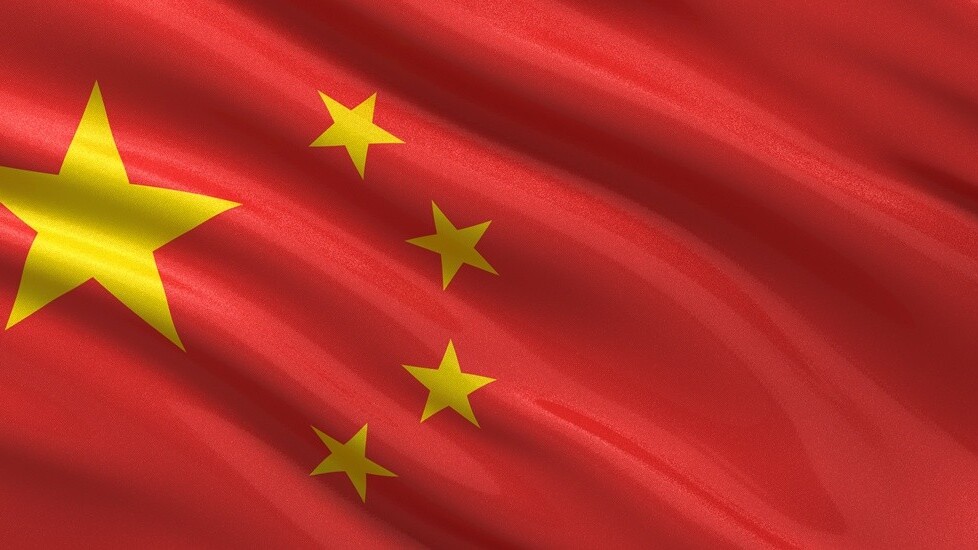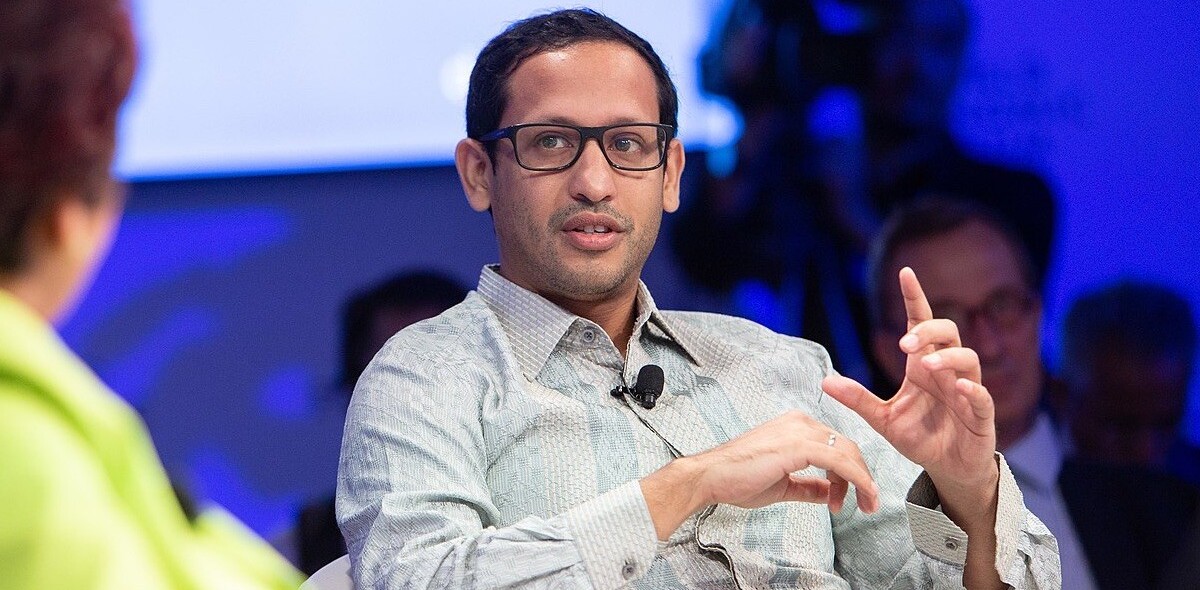
It’s long been known that China’s vast population would see its PC market pass that of the US, and now IHS’s iSuppli’s market intelligence service has found that, for the first time, the country overtook the US as the world’s largest PC market based on annual shipments.
The US market was top in 2011 — despite China briefly beating it during the third quarter, according to some — but, last year, PC shipments to China touched 69 million units, just ahead of the 66 million total for the US.
The interesting part isn’t just that China is the world’s largest market, but it also exhibits a range of unique features. While desktop PCs account for just over one-third (36 percent) of shipments worldwide, in China the desktop-notebook balance is 50-50. Likewise, while consumer PCs make up 65 percent of all units shipped worldwide, consumer and enterprise are split 50-50 in China.
These two characteristics can be explained by China’s rural population who, according to IHS, are not yet focusing on portable devices.
“The equal share of shipments for desktops and notebooks in China is unusual, since consumers in most regions today tend to prefer more agile mobile PCs, rather than the bulky, stationary desktops,” says Peter Lin, senior analyst at IHS. “The relatively large percentage of desktop PC shipments in China is due to huge demand in the country’s rural areas, which account for a major segment of the country’s 1.34 billion citizens. These consumers tend to prefer the desktop form factor.”
The anomalous patterns in China don’t stop there. According to IHS, 14-inch models are the most preferred size of notebook in the country, accounting for 70 percent of shipments. Yet, in the rest of the world, 14-inch devices account for just 30 percent of notebook shipments.
Finally — and perhaps the most interesting signal — less than 50 percent of China’s PCs come with an operating system pre-installed. Worldwide that figure is 90 percent, as you might expect, and the fact it is so low in China is likely down to pricing (machines are typically cheaper if they don’t come with Windows or other licensed software included) and the rampant piracy that allows a PC owner to get a fake operating system installed at a fraction of the cost.
So, like the smartphone market — where forked Android devices are among the most popular operating systems — the Chinese PC market is vast, but a very different landscape that does not monetize in the same way as other large countries.
Nonetheless, it is interesting that a market where many have skipped the PC for mobile phones or tablets — or at least spent much less time on the PC-based Internet — the sheer population is such that the PC market has grown to become the world’s largest.
In terms of future growth, IHS projects that shipment numbers will increase by just 3-4 percent during 2013, because “demand in China remains weak as consumers migrate to using mobile devices”.
According to stats from Analysys International last year, Apple dominates China’s tablet space with a 70 percent share of sales. The search firm estimates that the sale of tablet PCs grew 65 percent year-on-year (11.3 percent quarter-on-quarter) during the third quarter of 2012, with an estimated 2.6 million units bought by consumers during the three-month period.
While you cannot compare sales with shipments, China’s market may be unique, but it is also undergoing the same shift to tablets and mobile that the rest of the world is seeing too.
Headline image via Shutterstock
Get the TNW newsletter
Get the most important tech news in your inbox each week.




